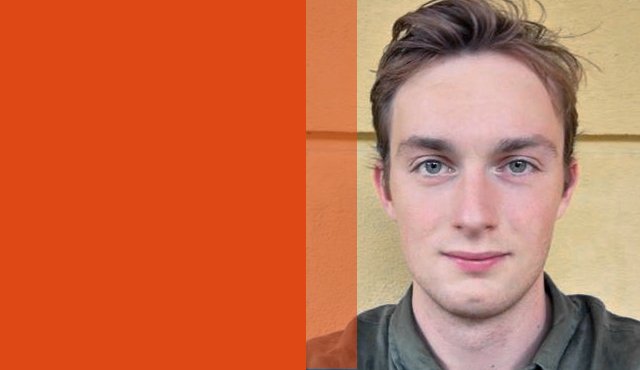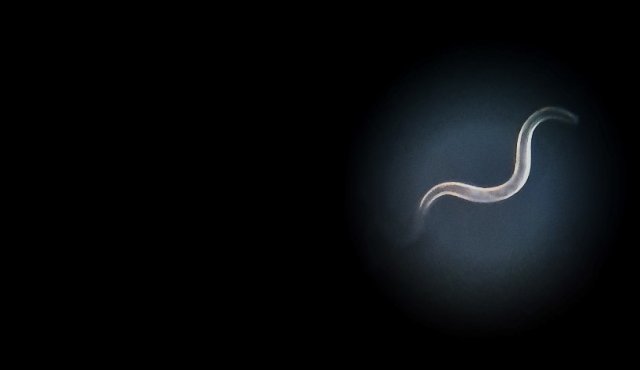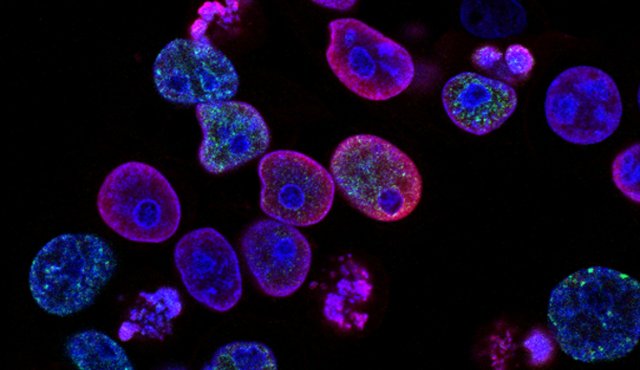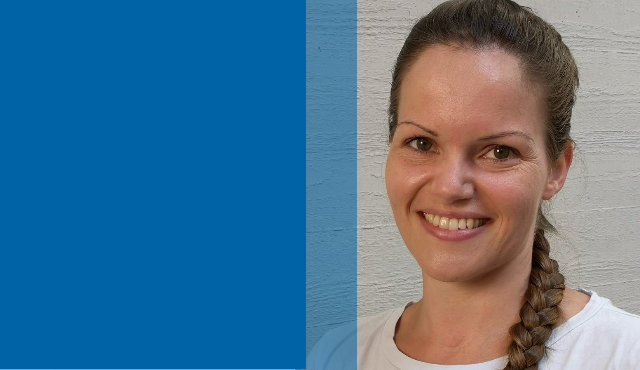Mission Statement
The Division of Pharmacognosy carries out research in pharmaceutical sciences focused on natural products from medicinal plants and microorganisms. Major tasks are the discovery of new biologically active compounds from natural sources and the characterization of their molecular mode of action contributing to a better understanding of the interaction of natural products and complex cellular systems. Our aim is pharmaceutical lead and target identification, the quality improvement of herbal medicinal products as well as the sustainable production of natural products by biotechnological approaches.
























